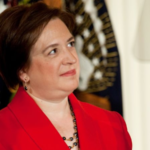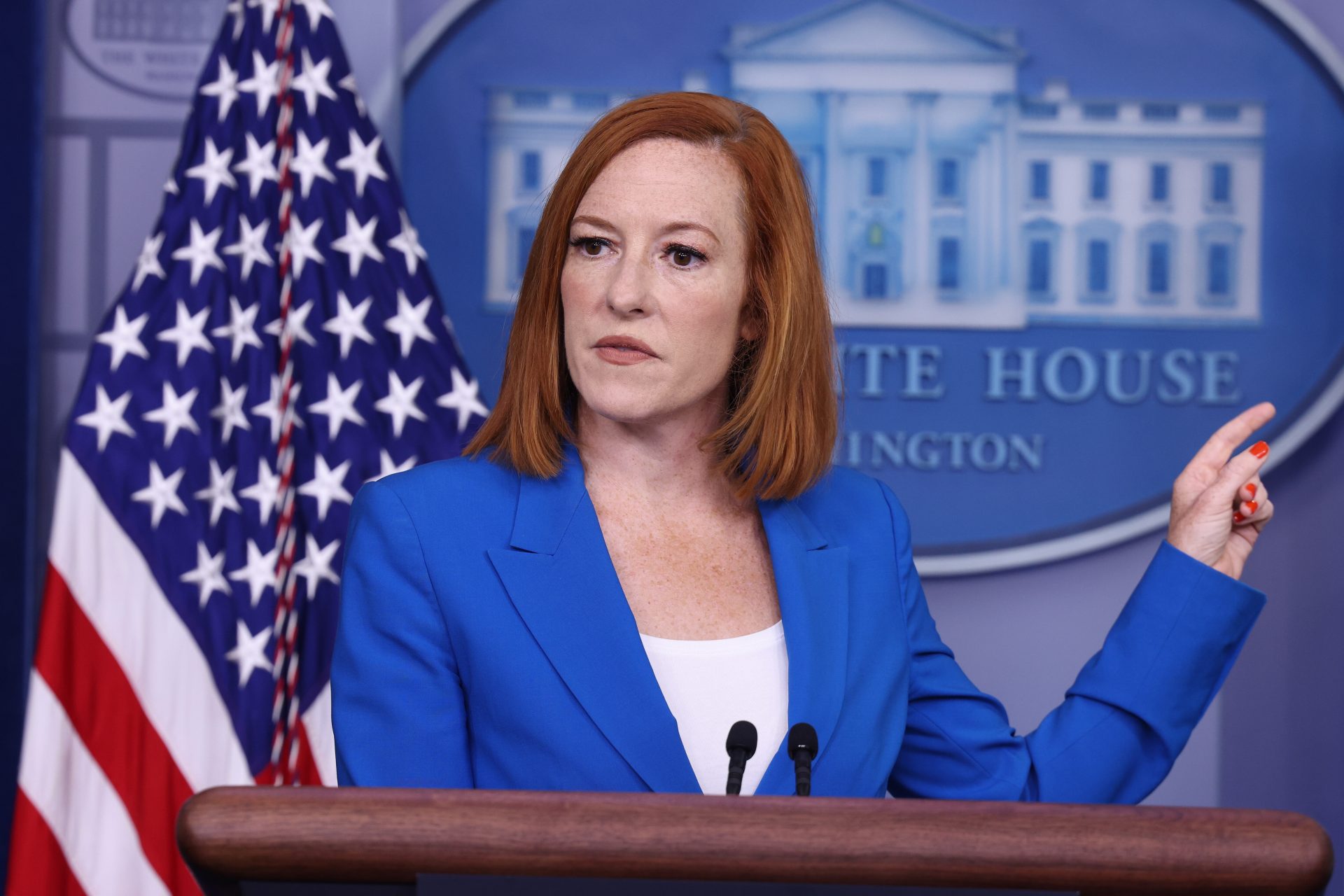Politics, Policy, Political News Top Stories
A federal appeals court has blocked efforts by Republican-led states to force former White House press secretary Jen Psaki to testify about efforts by the Biden administration to urge social media firms to take down certain kinds of posts or bar users from posting.
The order on Thursday afternoon from the New Orleans-based 5th U.S. Circuit Court of Appeals is another not-so-veiled rebuke to District Court Judge Terry Doughty, who has been overseeing the suit the attorneys general of Missouri and Louisiana filed last year claiming that the administration’s pressure on Facebook, Twitter and YouTube was so intense that it amounted to censorship.
The three-judge appeals court panel said Doughty failed to give adequate weight to longstanding legal principles calling for depositions of current and former senior government officials to be limited to instances where they are truly essential.
The attorneys general and several private individuals have argued that Psaki’s statements about encouraging social media firms to take down misinformation about the coronavirus and about election fraud are grounds to subject her to questioning, but the appeals judges sharply disagreed.
“The plaintiffs argue that a deposition is required in order to, among other things, illuminate the meaning of these statements. Much of this desired illumination, though, is apparent from the record,” Judges Edith Clement, Leslie Southwick and Stephen Higginson wrote in their joint order. “In a similar vein, the plaintiffs say they need to uncover the identities of government officials and social media platforms mentioned in Psaki’s statements. The record is already replete with such information.”
The 5th Circuit panel also suggested that in the absence of evidence that Psaki herself was interacting with the social media firms or dictating policy, there was little reason to demand her testimony.
“As Press Secretary, Psaki’s role was to inform the media of the administration’s priorities, not to develop or execute policy,” the appeals judges wrote. “Unsurprisingly, then, the record does not demonstrate that Psaki has unique first-hand knowledge that would justify the extraordinary measure of deposing a high-ranking executive official.”
Clement and Southwick are appointees of President George W. Bush. Higginson was appointed by President Barack Obama.
“The central concern of this court is that absent ‘extraordinary circumstances,’ depositions of high government officials should not proceed,” the appeals judges wrote. “That rule is a constant across the decades regardless of who the officials are.”
The federal government has turned over numerous records in the case and depositions of other officials have gone forward, including of an FBI agent who detailed the agency’s interactions with social media companies. Last month, the FBI issued a statement defending its contacts with Twitter, among other social media firms.
“The correspondence between the FBI and Twitter show nothing more than examples of our traditional, longstanding and ongoing federal government and private sector engagements, which involve numerous companies over multiple sectors and industries,” the statement said. “The men and women of the FBI work every day to protect the American public. It is unfortunate that conspiracy theorists and others are feeding the American public misinformation with the sole purpose of attempting to discredit the agency.”
Psaki, who left the White House in May and now works for MSNBC, declined to comment on the ruling on Thursday. A spokesperson for Missouri Attorney General Andrew Bailey declined to comment.
Louisiana Attorney General Jeff Landry’s office said in a statement: “We have no problem with the court’s request. We look forward to obtaining more discovery.”
The appeals court has also placed a hold on three other depositions that Doughty, an appointee of President Donald Trump, approved in the case. In November, the same appeals panel said Surgeon General Vivek Murthy, Cybersecurity and Infrastructure Security Agency Director Jen Easterly and White House Director of Digital Strategy Rob Flaherty did not have to submit to questioning while the appeals court deliberated further on the issue.
Author Profile
Latest entries
 ScienceApril 26, 2024Paid family leave may prevent child abuse
ScienceApril 26, 2024Paid family leave may prevent child abuse HeadlinesApril 26, 2024Pressure builds for colleges to close or shut down anti-Israel encampments amid death threats toward Jews
HeadlinesApril 26, 2024Pressure builds for colleges to close or shut down anti-Israel encampments amid death threats toward Jews HeadlinesApril 26, 2024Elena Kagan Fast Facts
HeadlinesApril 26, 2024Elena Kagan Fast Facts ScienceApril 26, 2024New vaccine could fight antibiotic resistance
ScienceApril 26, 2024New vaccine could fight antibiotic resistance

